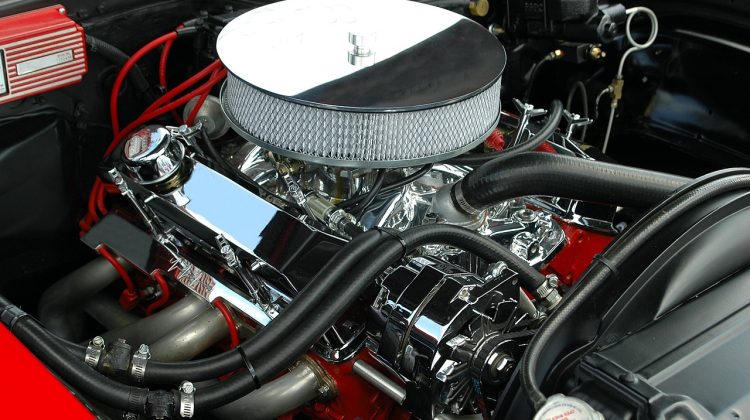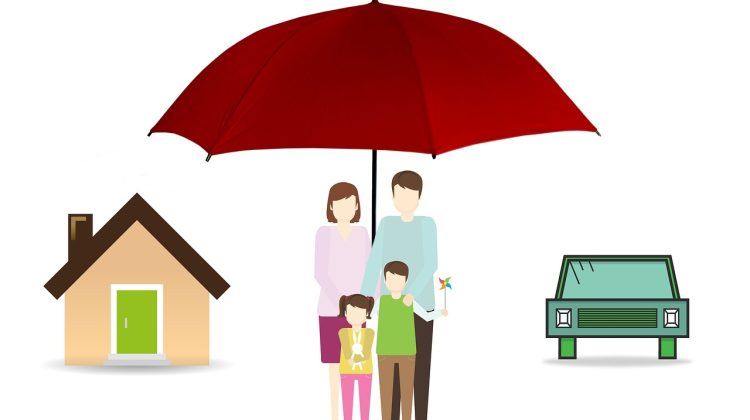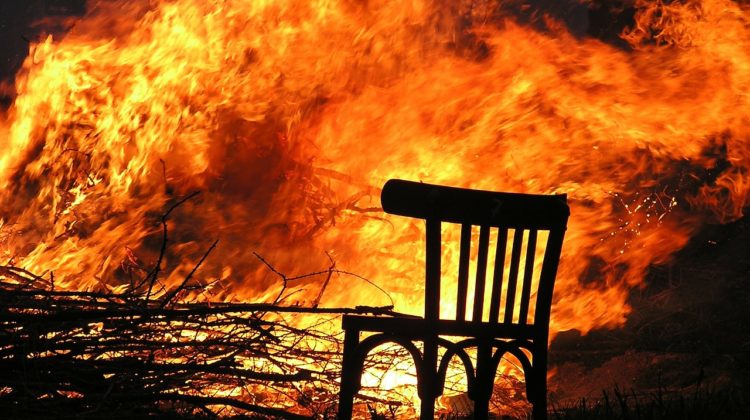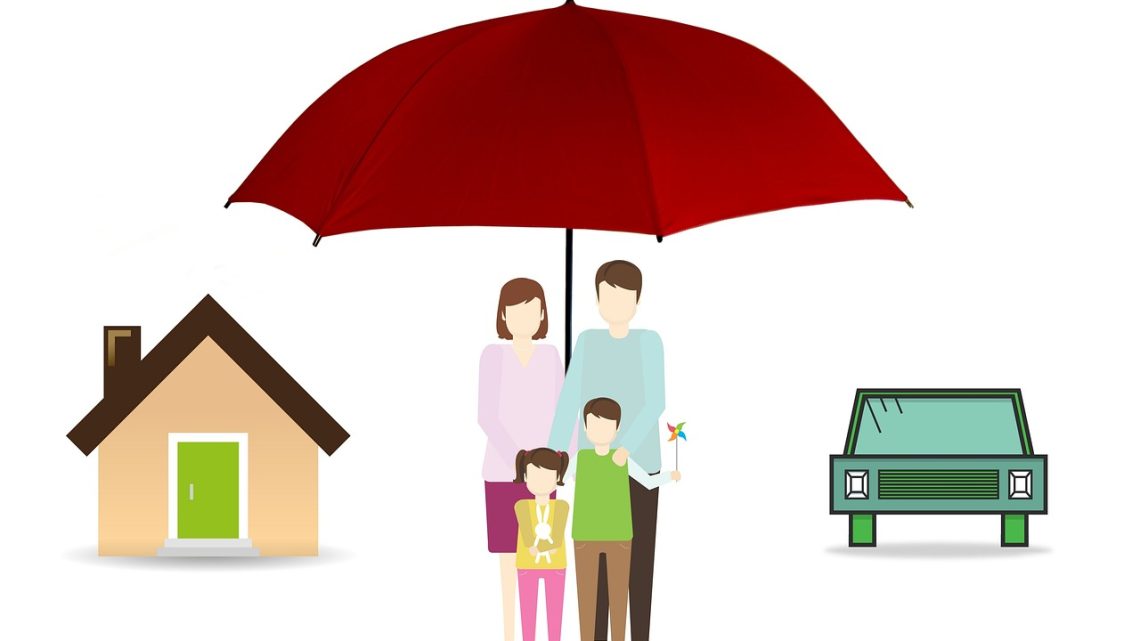One of the most seminal needs in homeownership is an insurance policy. Generally, most homes have two insurance policies. The first, the policy that covers the house and second, the one that covers the possessions inside it. With home insurance, it gives you peace of mind that the policy will pay for damages brought about by accidents or disasters like fire, lightning, explosions, hail and for some, even theft and burglary. On the other hand, standard policies won’t cover damages brought about by neglect of routine maintenance and even floods and earthquakes. In this case, you’d have to bear replacing some possessions through out-of-pocket expenses.
You may wonder why some home insurance cost more than others. Aside from the obvious reason of the extent of coverage, there are other factors that will affect its cost.
Location
If the house is located in an earthquake-prone vicinity or if it’s constantly flooded, expect the insurance premium to cost higher. The insurance provider would have to face a higher risk of shouldering damages brought about by natural calamities. Also, if the house is near the fire station, insurers would be reducing the amount that you have to pay.
Age of the House
Policies bear discounted rates for new homes. However, older homes which have less stronger features can have more defects brought about by wear and tear through the years. The age and quality of electrical, plumbing and water systems can also affect the insurance cost.
Type of Construction
Wooden structures are more expensive to replace. Naturally, the insurance provider will raise the premium for houses made of this material whereas for brick or masonry material, they provide enough strength to the structure.
Security Features
A burglar alarm not only protects your house from thieves, it also gives discounts on the premium for increasing the safety of the property.
The Presence of Fido
Believe it or not, your lovable pooch can affect the cost of insurance. Insurance shopping solutions firm InsWeb, Inc reasons, “Homeowners and renters insurance policies typically cover dog bite liability, as long as your dog is disclosed to your insurance company. Insurers may charge more or even deny your application if you own specific types of dogs. These are determined by the frequency of dog bites for the breed, whether they are large dogs that can inflict a lot of damage, and the breed’s general reputation. Some of the breeds that raise red flags for insurers are Pit Bulls, Rottweilers, German Shepherds, Siberian Huskies, Malamutes, Doberman Pinschers, Chow Chows, Great Danes, Saint Bernards, and Wolf Hybrids.”
About the author
Andy Denton is the COO of http://www.Realty.com and a licensed Real Estate agent in North Carolina.










No Comment